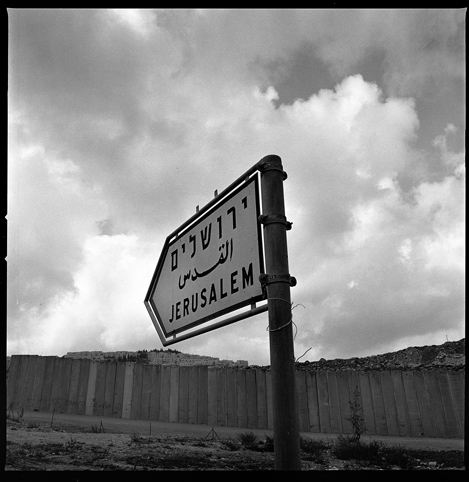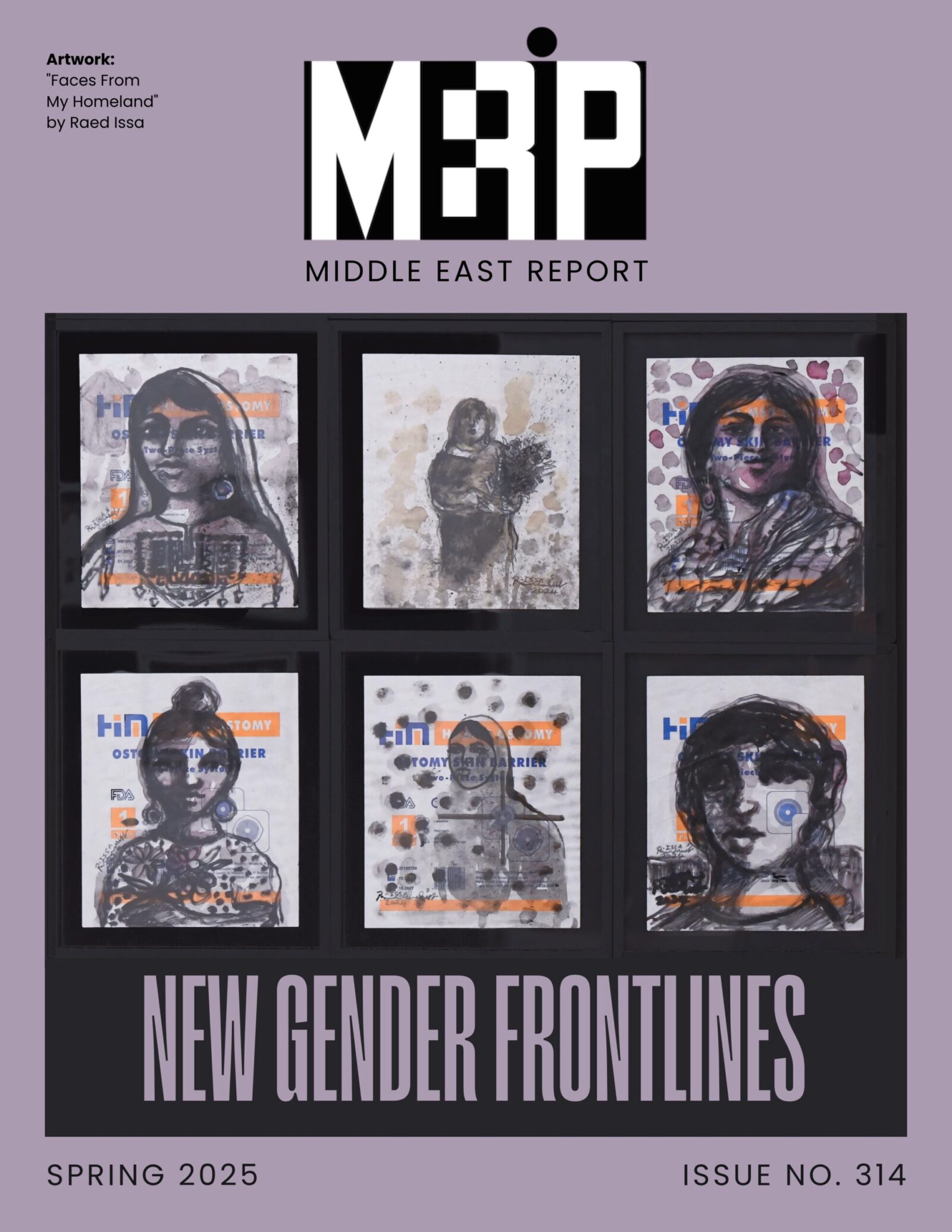IN THIS ISSUE:
Reflections on Exile
One legacy of revolution and counterrevolution is the growing number of participants—some of whom identify as revolutionaries or activists—living outside of the Middle East and North Africa. Whether by choice or by compulsion, their plight is part of the bitter fruit of revolutionary struggle and counterrevolutionary intolerance.
Revolution, War and Transformations in Yemeni Studies
Almost twenty years ago, Sheila Carapico made the case for the development of Arabian Peninsula studies as an alternative to the growing field of Gulf studies. A wider regional approach, she argued, would better highlight the numerous connections and flows between Yemen and the six monarchies of the Peninsula. Such a framework is as relevant now as it was then.
“We Don’t Have the Luxury to Stop”—An Interview with Syrian Civil Society Activist Oula Ramadan
Observers often summarize the past ten years in Syria in numbers: more than 500,000 killed, 100,000 disappeared, half the population of 22 million displaced, hundreds of billions of dollars of property destroyed and 90 percent of the population currently living in poverty. These shocking figures lay bare the horror caused primarily by President Bashar al-Asad’s brutal crushing of dissent, as well as the international community’s failure to uphold its responsibility to protect civilians.
The Evolution of Sudan’s Popular Political Forces
On January 30, 2011, a protest took place in Sudan’s capital Khartoum. Inspired by uprisings in other parts of the Arabic-speaking world, such as Tunisia and Egypt, activists announced and promoted the planned demonstration using social media platforms. The protesters demanded significant change: They called for the ouster of President Omar al-Bashir, an end to corruption and high prices for basic goods and they chanted against “the government of hunger.” Their grievances resembled those that ignited the large-scale uprisings of the Arab Spring, but the number of protesters did not exceed 500, not in this protest nor in the few that followed until the end of March. No one factor—the nature of the active political base, the level of oppression or economic realities—can on its own explain why the protest wave that spring did not gain momentum in Sudan.
CURRENT ANALYSIS
Palestinian Refugee First Responders Rush to Aid Beirut
When the massive explosion in Beirut’s port ripped through the city on August 4, 2020, members of the Palestinian Civil Defense Lebanon sprang into action. Although based in Lebanon’s Palestinian refugee camps and despite entrenched suspicion and bias against refugees, the group immediately rushed to help their Lebanese neighbors. Erling Lorentzen Sogge tells their story.
Global Aspirations and Local Realities of Solar Energy in Morocco
Morocco’s massive Noor solar power installation in Ouarzazate is celebrated as an important step in the transition to renewable energy. But the benefits are not flowing to all citizens. Rural unrest and other demonstrations of discontent in recent years are piercing the government’s techno-optimism. Long-standing repression, economic marginalization and lack of investment in services or infrastructure as well as water pollution are among the local realities faced by residents. Forthcoming in MER 296 “Nature and Politics.”
On Blaming Climate Change for the Syrian Civil War
The idea that the Syrian civil war was partly caused by climate change induced drought is widely repeated and yet deeply flawed. Jan Selby excavates the sources of misleading information and dismantles the simplistic cause and effect argument. Most importantly, he explains the real political and economic reasons behind agricultural crisis in Syria’s northeastern breadbasket region. Forthcoming in MER issue 296, “Nature and Politics.”
LATEST ISSUES
FEATURED PRIMER

Primer: Palestine-Israel
Read the newest iteration of MERIP’s Palestine primer. Published in March 2025, and updated to reflect developments in the ten years since our previous primer, it provides an overview of key actors, organizations, historic events, political developments and diplomatic initiatives that have shaped the status and fate of Palestinians and the State of Israel from the late nineteenth century to the present.


